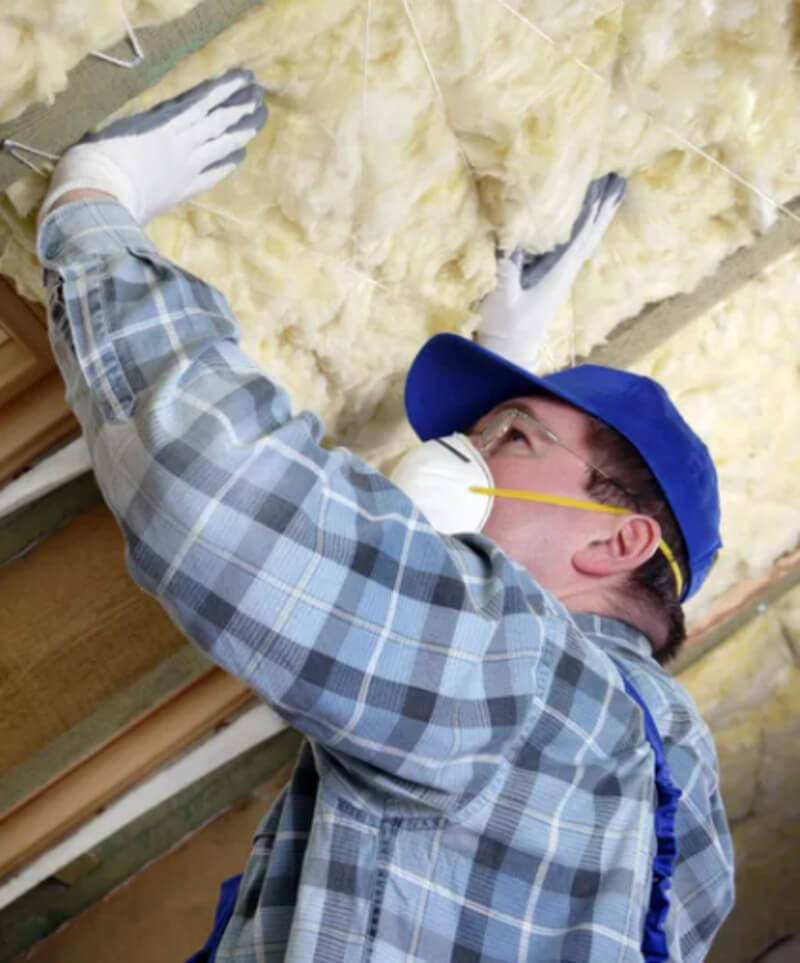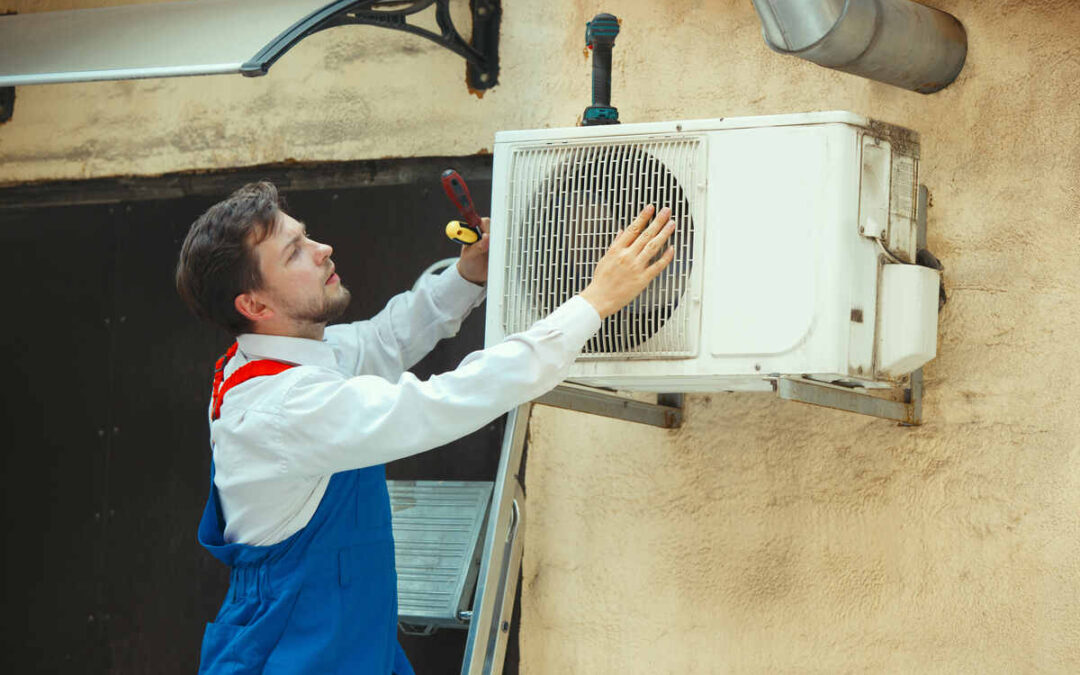HVAC systems, comprising of heaters, furnaces, boilers, air conditioners and humidifiers among other equipment, outlive their efficiency after some time; leading to low output and high energy consumption. When this happens, people need to replace heating and cooling equipment with high-efficiency units. Additionally, a programmable thermostat would go a long way in helping save energy and money as it can be set to temperatures and time when to switch the equipment on or off. Below are a few signs that HVAC equipment needs replacing.
Factors influencing HVAC equipment replacement
Aging
Heater, boilers and furnaces, among other HVAC equipment, have optimum functionality for set periods of time, after which they wear out and function less effectively; resulting in higher energy bills. Most products have a lifetime of 10, 15 or 20 years, depending on the product. When the manufacturer’s time limit on the product approaches or expires, it is time for users to start thinking of replacement. Of course, regular maintenance of the product could increase the products’ life while improper installation and use could dramatically reduce the product’s life.
Low efficiency
The HVAC industry has, today, invented many energy efficient equipment; from lighting bulbs to heating and cooling equipment. Anyone who has old-generation equipment that incurs higher energy bills than reasonable should seek to replace these equipments with energy efficient and quiet equipment. Rebates and other programs help people fund such projects.
Regular and costly repairs
Whether HVAC equipment has outlived its functional life or not, when it starts consuming more energy with less output, operates noisily and breaks down often, it is time to replace it. Sure some of the faults can be fixed through repairs, but when the repairs become too frequent and expensive, acquiring new high-energy efficiency units can save a lot of money in the long run.
Programmable thermostat
Programmable thermostats enable people set the temperatures and time they need their equipment to run. A programmable thermostat switches off the equipment on reaching the set controls or time. This prevents excessive consumption of energy; running the equipment when heating or cooling needs are not needed, such as when no-one is in the premises.

Conclusion
Heating and cooling needs can be considered basic as their fulfilment makes premises habitable. HVAC systems consume power to function, and it is important to use high-efficiency units. Replacing heating and cooling equipments should be a planned task that seeks to get rid of ineffective and failing equipment with energy efficient equipments. It is of utmost importance to employ the services of HVAC professionals to help one determine what equipments best suit him/ her, as well as install the new equipment, including a programmable thermostat. Regular checkups of one’s HVAC equipment, by these professionals, can, also, detect failing equipment and recommend the owner for an upgrade.
Frequently Asked Questions About HVAC Equipment Replacement
How Do I Know When It’s Time to Replace My HVAC Equipment?
Signs indicating the need for HVAC equipment replacement include aging units, decreased efficiency leading to higher energy bills, and frequent and costly repairs. If your system is over 10-15 years old, struggles to maintain comfort levels, or requires frequent repairs, it might be time for an upgrade.
What Are the Factors Influencing HVAC Equipment Replacement?
Aging, low efficiency, and regular and costly repairs are the main factors influencing HVAC equipment replacement. Over time, HVAC systems lose efficiency and effectiveness, leading to increased energy consumption and discomfort. Upgrading to high-efficiency units can alleviate these issues.
How Does Aging Affect HVAC Equipment?
HVAC equipment, including heaters, boilers, and furnaces, typically have a lifespan of 10-20 years. As they age, they become less efficient and prone to malfunctions, resulting in higher energy bills and decreased comfort. Regular maintenance can extend their lifespan, but eventual replacement becomes inevitable.
What Are the Benefits of Energy-Efficient HVAC Equipment?
Energy-efficient HVAC equipment helps reduce energy consumption and utility bills while providing consistent comfort. Upgrading to modern, high-efficiency units can result in significant cost savings over time, often offsetting the initial investment through rebates and incentives.
How Can Programmable Thermostats Improve Energy Efficiency?
Programmable thermostats allow users to set customized heating and cooling schedules based on their lifestyle and preferences. By automatically adjusting temperature settings according to occupancy patterns, programmable thermostats help optimize energy usage and reduce waste.
What Should I Consider When Planning HVAC Equipment Replacement?
When planning HVAC equipment replacement, consider factors such as energy efficiency, system compatibility, and professional installation. Consulting with HVAC professionals can help determine the best options for your specific needs and ensure proper installation for optimal performance.
Are There Financing Options Available for HVAC Equipment Replacement?
Yes, many HVAC companies offer financing options or assistance programs to help homeowners afford the upfront costs of equipment replacement. Additionally, rebates and tax incentives may be available for upgrading to energy-efficient systems, further reducing the financial burden.
How Can I Find a Reliable HVAC Professional for Equipment Replacement?
To find a reliable HVAC professional, research local companies, read reviews, and ask for recommendations from friends and family. Look for certified technicians with experience in equipment replacement and installation to ensure quality service.
What Maintenance Practices Can Prolong the Lifespan of HVAC Equipment?
Regular maintenance, including changing air filters, cleaning coils, and scheduling professional tune-ups, can help prolong the lifespan of HVAC equipment. By addressing minor issues early and keeping the system well-maintained, homeowners can avoid costly repairs and premature replacement.
Why Is Professional Installation Important for HVAC Equipment Replacement?
Professional installation ensures that HVAC equipment is correctly sized, installed, and calibrated for optimal performance and efficiency. Improper installation can lead to system inefficiencies, comfort issues, and premature equipment failure, costing homeowners time and money in the long run.



